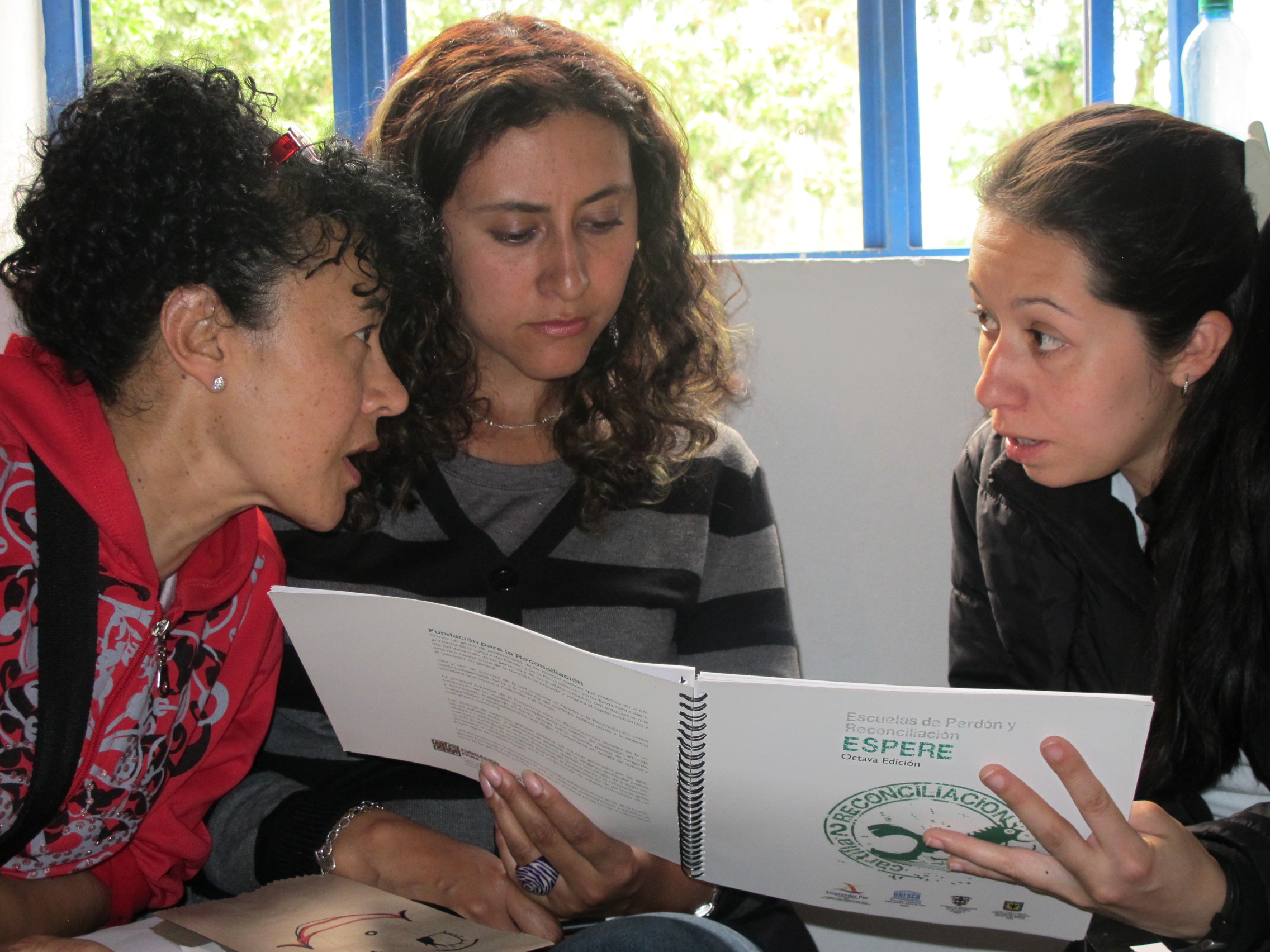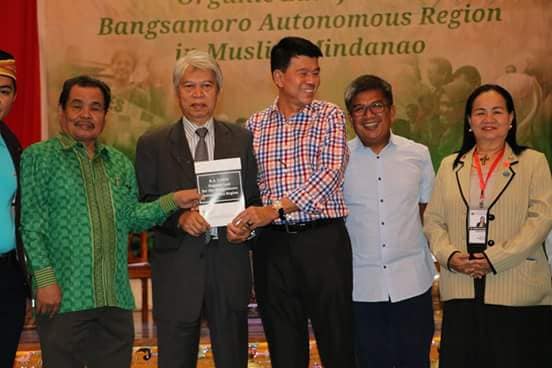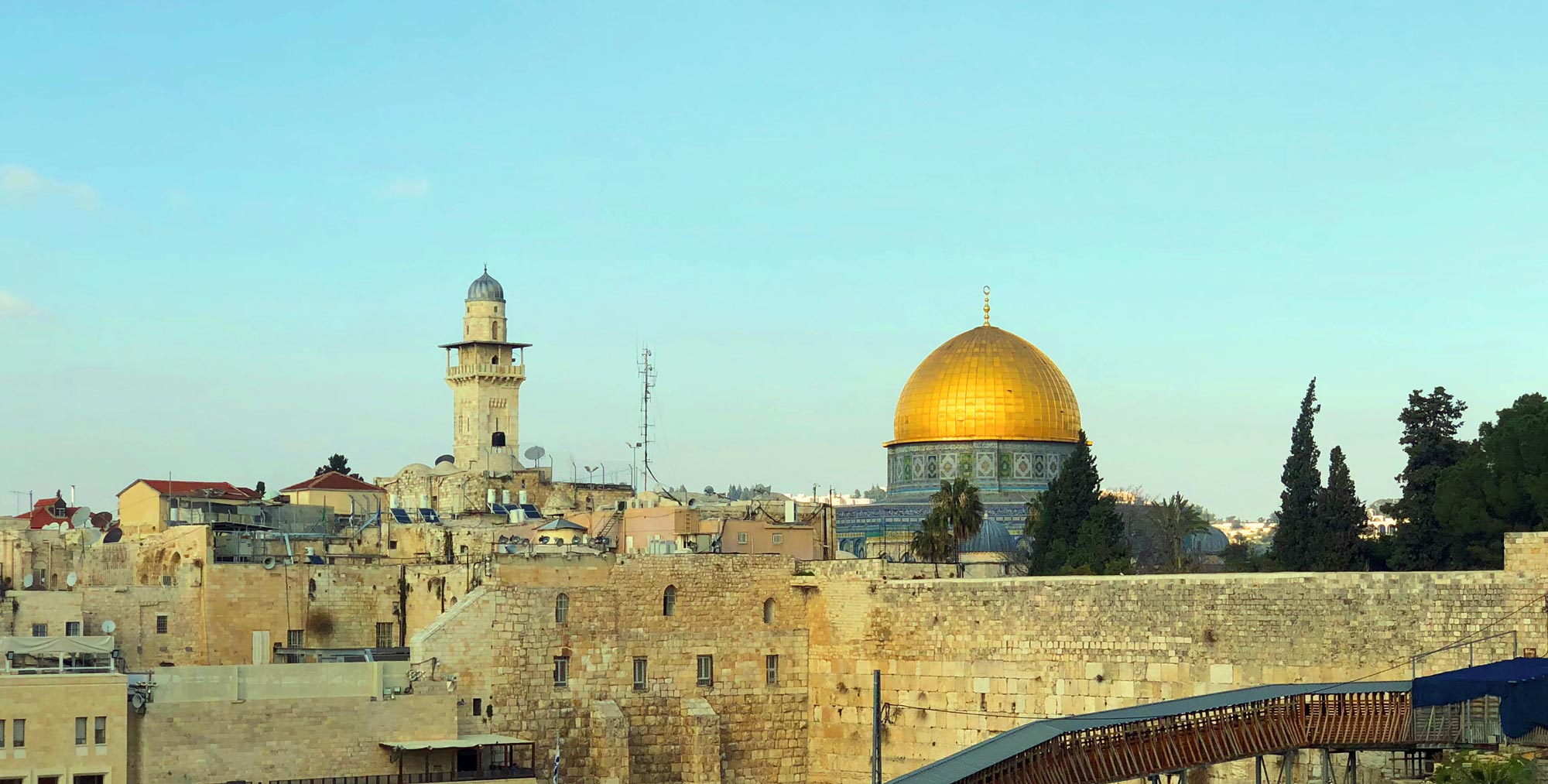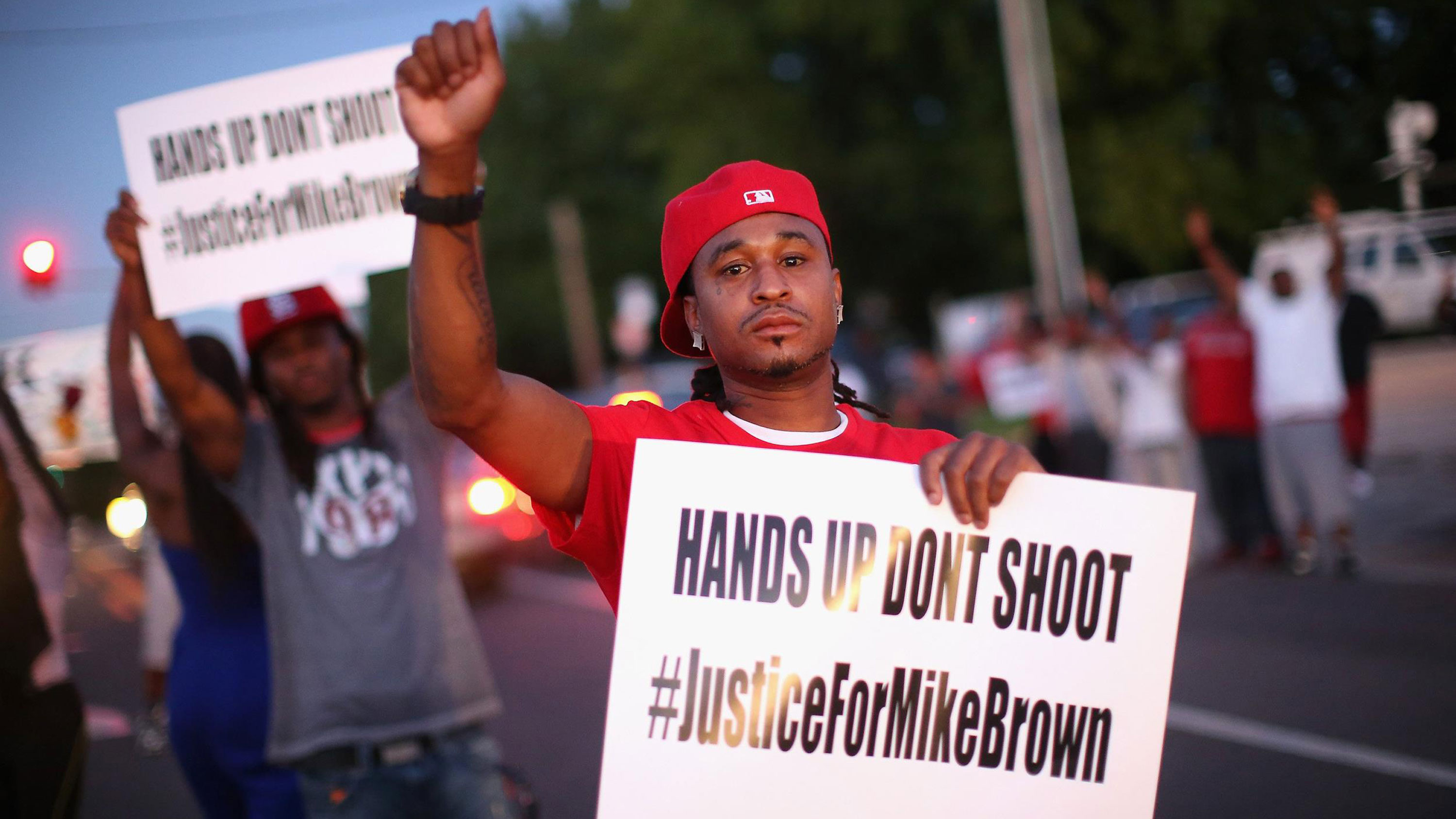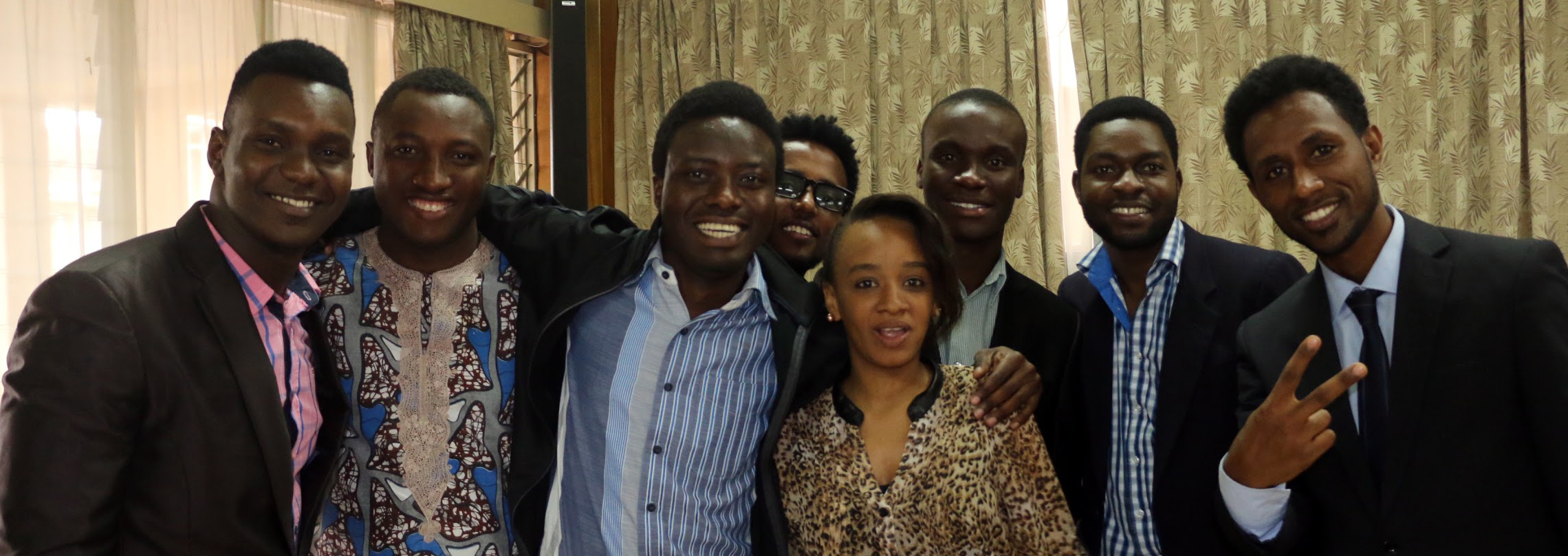One of the core issues of the Goldin Institute's mission has been our work partnering with communities to promote co-existence, reconciliation and peace-building efforts.
Our partners in Colombia have made great strides in achieving this mission by building community-driven reconciliation tools that are an inspiration to our global network.
Since 2007, when we convened with local and international partners in Colombia to launch the National Partnership for Child Soldier Reintegration, we have continued to seek ways to help local leaders create new and more effective ways to reintegrate former child soldiers.
One community leader who came from the 'National Partnership teaching-tree' is our global associate based in Bogota, Lissette Mateus Roa. Last month, Lissette updated us on the progress of the pilot project began in her hometown in late 2011 called Pedagogy of Care and Reconciliation (PCR).
Lissette explained in the video update how the project is helping bridge the often deep-rooted differences that exist between teachers and students in the schools within her own community. The causes of these differences are complex and unique to the culture of Colombia, but in general are related to the country's decades long civil conflict. Lissette reports that in the schools that have participated, the makeup of the students is a direct sampling of the larger population at whole - especially in rural areas. This includes students who are likely to have experienced the domestic violence, learning challenges and poverty often associated with those displaced in Colombia by the civil conflict.
As Lissette points out in both the update video and also in this more comprehensive report:
Most people need new tools for relationship building ... that is what we workshop together with the teachers using the main methodology called ESPERE. In these day-long sessions, two main components make up the training: Forgiveness and Reconciliation ... people learn how to forgive and trainees of the project learn how to empathize with those they may have viewed as being different."
To broaden the reach of this innovative new approach to reconciliation, Lissette's team has built an online social platform where training tools can be accessed as well as an online library of all supporting documents related to the PCR project (audios, videos, and photos). Perhaps most importantly, the social platform allows teachers and administrators the opportunity to provide instant feedback to improve the reconciliation methodology by reflecting on their own direct experience.
We continue to be excited to be a part of Lissette's project as she sees it through being more fully implemented. The ESPERE method has already shown great promise in being a model for improving the structural and social aspects of reconciliation and as part of the PCR, more widely applied internationally. In fact, we are currently exploring how to apply the same techniques being used in the PCR project by Lissette and her team to our partners in Uganda.
We invite you to join us and Lissette in completing the PCR project – find out how your donation can work directly in peace-buiding efforts.

